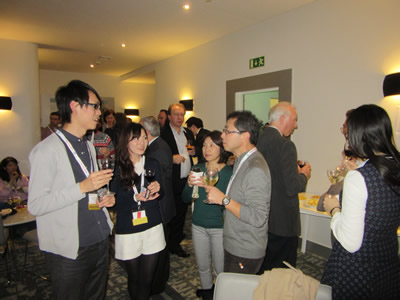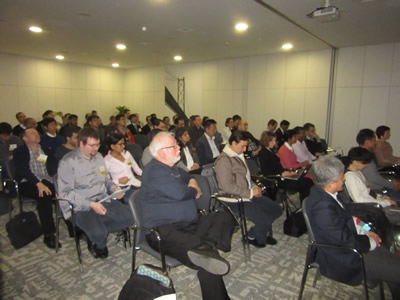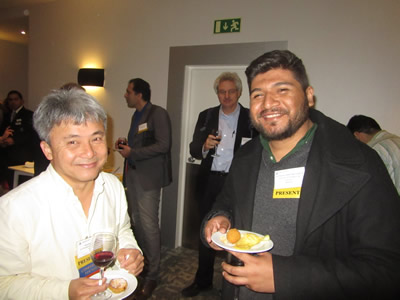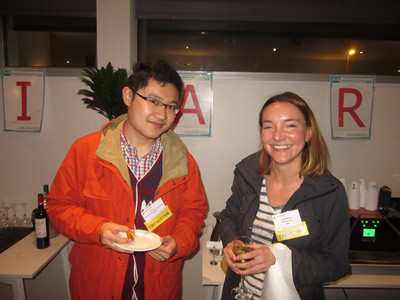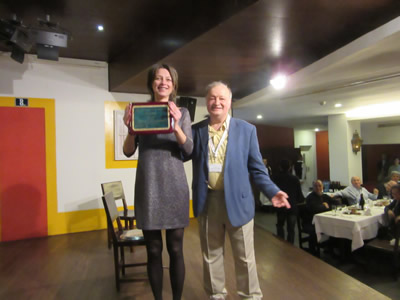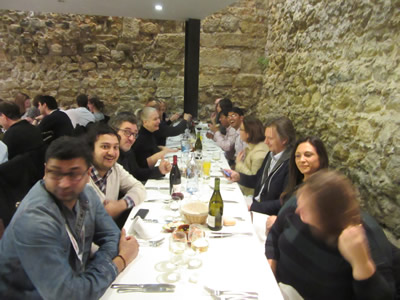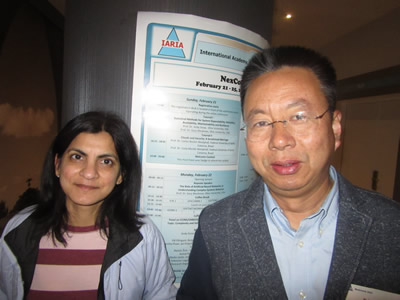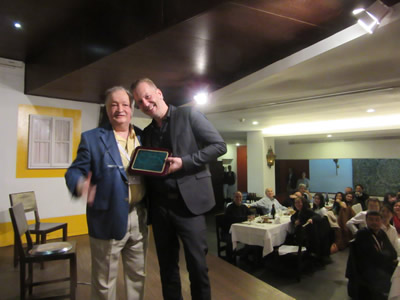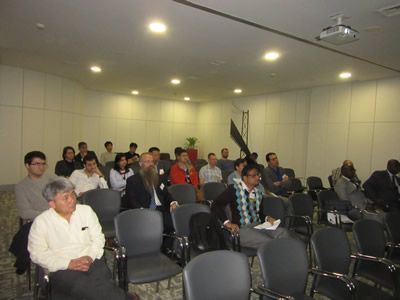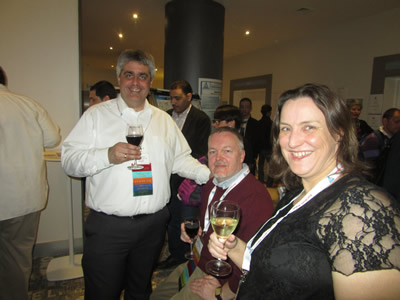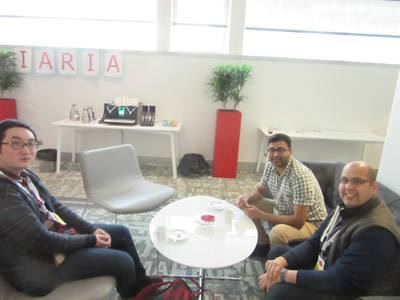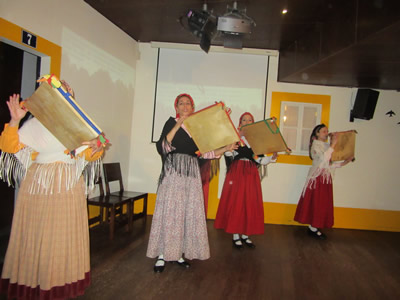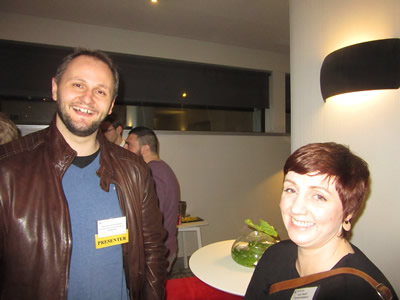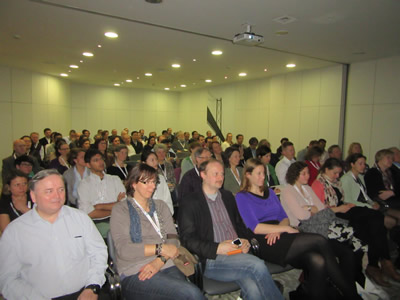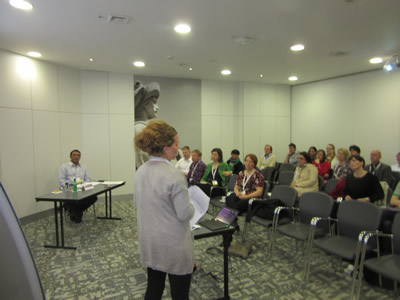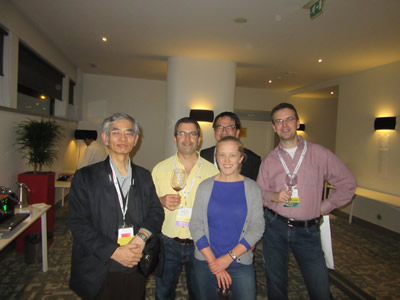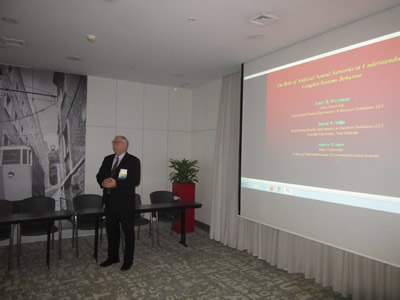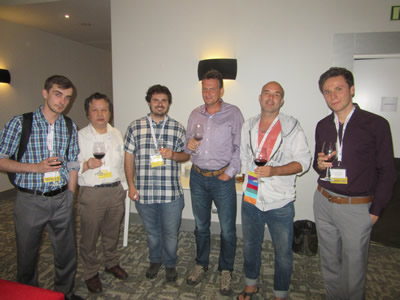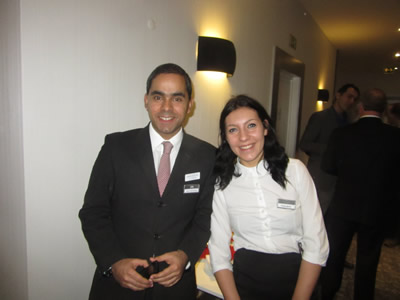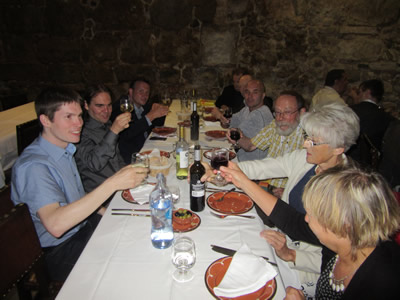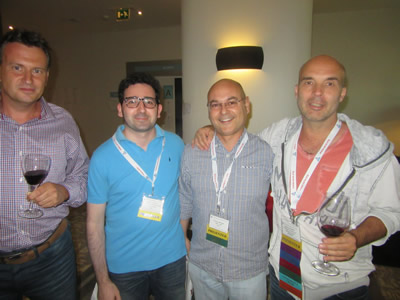Published by IARIA Press (operated by Xpert Publishing Services) | |
Archived in the Open Access IARIA ThinkMind Digital Library | |
Prints available at Curran Associates, Inc. | |
Authors of selected papers will be invited to submit extended versions to a IARIA Journal | |
Funding Your Research
Submission deadline:
January 07, 2026
ComputationWorld 2026 Congress
Lisbon, Portugal
Apr 19 - Apr 23, 2026
- SERVICE COMPUTATION 2026, The Eighteenth International Conference on Advanced Service Computing
- CLOUD COMPUTING 2026, The Seventeenth International Conference on Cloud Computing, GRIDs, and Virtualization
- FUTURE COMPUTING 2026, The Eighteenth International Conference on Future Computational Technologies and Applications
- COGNITIVE 2026, The Eighteenth International Conference on Advanced Cognitive Technologies and Applications
- ADAPTIVE 2026, The Eighteenth International Conference on Adaptive and Self-Adaptive Systems and Applications
- CONTENT 2026, The Eighteenth International Conference on Creative Content Technologies
- PATTERNS 2026, The Eighteenth International Conference on Pervasive Patterns and Applications
- COMPUTATION TOOLS 2026, The Seventeenth International Conference on Computational Logics, Algebras, Programming, Tools, and Benchmarking
- BUSTECH 2026, The Sixteenth International Conference on Business Intelligence and Technology
- AIVR 2026, The Third International Conference on Artificial Intelligence and Immersive Virtual Reality
- CROSS-SEC 2026, The First International Conference on Cross-Domain Security in Distributed, Intelligent and Critical Systems
Funding Your Research
Open Access Sponsorship
There are many potential sources of financial support for students doing research and/or graduate studies, related to Open Access conferences and Journals.
Please consider below some directions for getting access to financial resources nonsupport publishing your research.
a. Institutional Research Funding: Your managers, labs Leaders, Projects Managers, and/or Research supervisors from you own educational institution may have internal funding opportunities, grants, or research support programs specifically designed for students. Check with your department, research office, or university's financial department for such resources.
b. Research Grants and Fellowships: Many organizations, including government agencies, private foundations, and academic institutions, offer research grants and fellowships to support students' research projects. Examples include the National Science Foundation (NSF), the Fulbright Program, European Commission, most of the European Projects (e.g., Horizon 2020, etc.), and various research councils (see: https://commission.europa.eu/research-and-innovation_en)
c. Scholarships and Awards based on Excellence: Numerous scholarships and awards are available to support students at different levels of study. These can be discipline-specific, merit-based, or need-based. Check with your institution's financial aid office, or country/region/government Research Entities.
d. Additionally, search scholarship databases such as Fastweb, Scholarships.com, Cappex, Chegg Scholarships, or the Open Education Database.
e. Different platform for sponsorship search: e.g., Moolahspot, Sallie Mae's Scholarship Search, etc.
When using these platforms, it's important for students to:
- Regularly update their profiles to get the most relevant scholarship matches.
- Be wary of potential scholarship scams; legitimate scholarships shouldn’t ask for payment.
- Start their scholarship search early and track deadlines.
- Apply to as many scholarships as they qualify for to increase their chances of winning.
f. International level: e.g., International Scholarships, IEFA (International Financial Aid and College Scholarship Search), Graduate School Scholarship Search
g. Open Access Funds: Some universities and research institutions have established Open Access Funds to support researchers and students in covering publication fees associated with publishing in Open Access journals. These funds help ensure that research findings are freely available to the public. Check with your institution's library or research office to inquire about available funds.
h. Charitable Foundations: There are quite a few charitable foundations that support education and research initiatives. Examples include the Bill and Melinda Gates Foundation, the Ford Foundation, and the Open Society Foundations. These foundations often have specific areas of focus; check these profiles with the nature and domains of your research interests.
i. Crowdfunding Platforms: You might consider utilizing crowdfunding platforms like Kickstarter, Indiegogo, Patreon, Crowfunder, Pozible, FundScience, Pedritish, SciFund, or GoFundMe to raise funds for specific research projects. These platforms allow you to create campaigns and reach out to a broader audience for financial support.
When opting for crowdfunding, research students should:
- Clearly communicate the significance and objectives of their research.
- Offer engaging rewards or updates to donors.
- Promote their campaign through personal networks, social media, and relevant academic channels.
- Be transparent about how funds will be used.
Copyright (c) 2006-2025, IARIA
